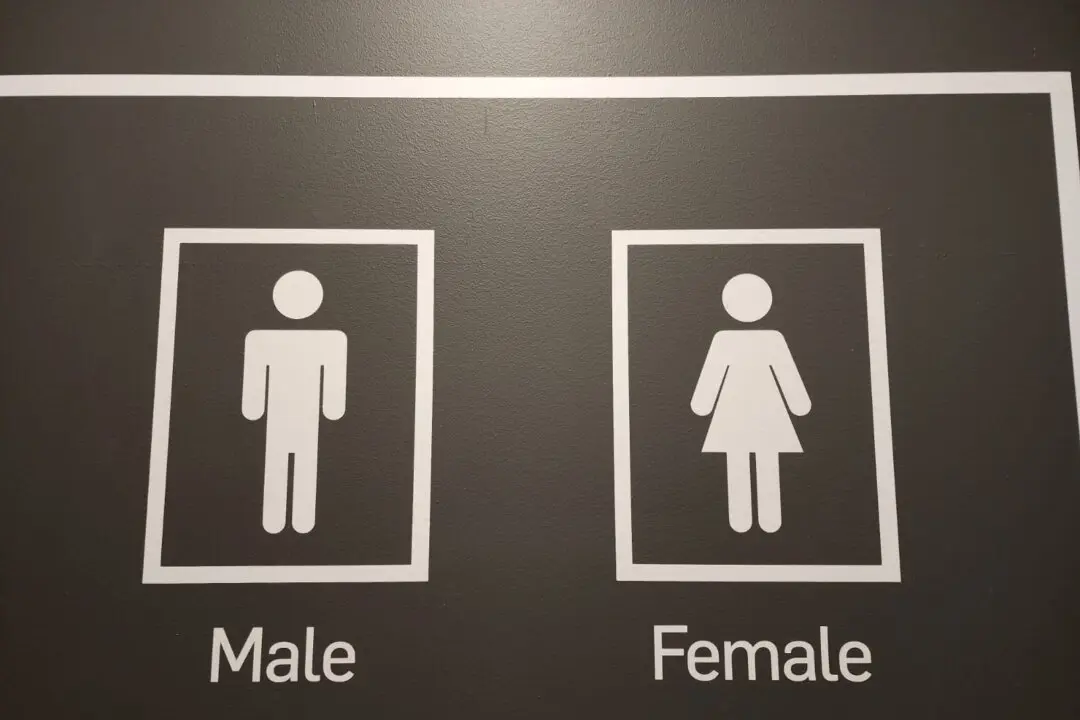The head of the Israel Defense Forces (IDF) said on Nov. 9 that an attack on Iranian nuclear facilities is being considered.
IDF Chief of Staff Aviv Kochavi told the Knesset’s Foreign Affairs and Defense Committee that the army “is accelerating operational planning and preparedness to deal with Iran and the military nuclear threat.”





